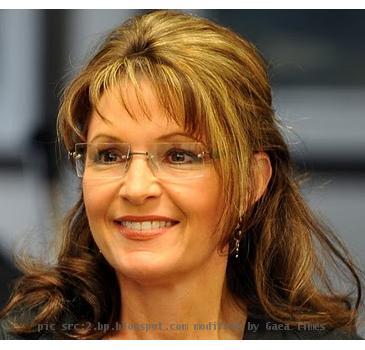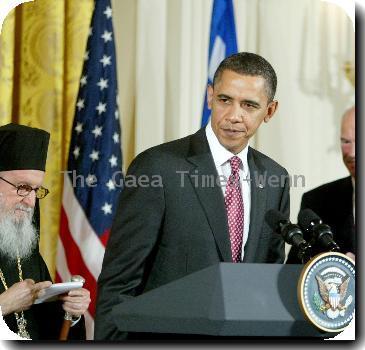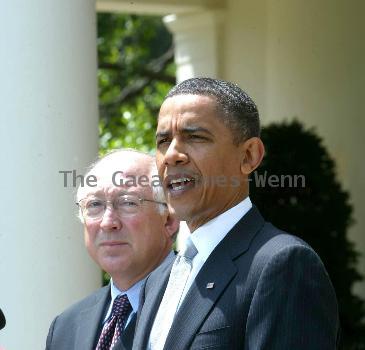GOP Senate nominee Rand Paul questions Civil Rights Act, then says he supports its intent
By APThursday, May 20, 2010
Ky. Senate candidate questions Civil Rights Act
WASHINGTON — Republican Senate nominee Rand Paul on Thursday scrambled to explain his criticism of the 1964 Civil Rights Act, saying he agrees with its goal to end discrimination but questions the federal government imposing its will on businesses.
The political novice and Kentucky candidate issued a statement Thursday amid the fallout from a series of interviews in which Paul said he would have opposed forcing businesses to integrate under the law. Democrats seized on the comments to argue that Paul holds extremist views.
“I support the Civil Rights Act because I overwhelmingly agree with the intent of the legislation, which was to stop discrimination in the public sphere and halt the abhorrent practice of segregation and Jim Crow laws,” Paul said in the statement, adding that the federal courts have settled many of the issues.
Paul added that the “federal government has far overreached in its power grabs,” and cited President Barack Obama’s health care law. He also said the liberal establishment is desperate to keep him from being elected.
On Wednesday, the day after his stunning primary rout, Paul was asked to explain his recent comments about the Civil Rights Act in separate interviews with National Public Radio and MSNBC’s “The Rachel Maddow Show.” Paul had told The Louisville (Ky.) Courier-Journal last month that while he supports anti-discrimination laws, he challenges imposing those rules on private businesses.
Questioned by NPR on Wednesday about the Civil Rights Act, Paul said he is opposed to “institutional racism and I would’ve, had I’d been alive at the time, I think, had the courage to march with Martin Luther King to overturn institutional racism.”
But Paul added: “I think a lot of things could be handled locally.”
Paul is an eye doctor who had never run for elective office before the Senate primary. He says he shares many of the libertarian views of his father, Rep. Ron Paul, R-Texas, a presidential candidate in 2008.
The younger Paul trounced the GOP establishment candidate, Secretary of State Trey Grayson, in Tuesday’s primary thanks in part to strong backing from the tea party movement and leading conservatives such as former Alaska Gov. Sarah Palin and Sen. Jim DeMint, R-S.C.
Hours after the NPR interview, Maddow pressed Paul about whether lunch counters should have been desegregated, as activists campaigned for in the 1960s in the South. Paul declined to give a yes or no answer. Instead, he said he doesn’t believe in discrimination, suggested the issue was abstract and raised the idea of who decides whether customers can bring weapons into restaurants.
Asked whether he opposes part of the Civil Rights Act, Paul said if “you decide that restaurants are publicly owned and not privately owned, then do you say that you should have the right to bring your gun into a restaurant even though the owner of the restaurant says, ‘Well no, we don’t want to have guns in here.’ The bar says, ‘We don’t want to have guns in here because people might drink and start fighting and shoot each other.’ Does the owner of the restaurant own his restaurant? Or does the government own his restaurant?”
Paul’s Democratic opponent, Jack Conway, said in a statement that Paul has a “narrow political philosophy that has dangerous consequences for working families, veterans, students, the disabled and those without a voice in the halls of power.”
Rep. John Yarmuth, D-Ky., called Paul’s comments appalling and said “he has no place holding public office in Kentucky in the 21st century.”
____
Associated Press writers Janet Blake and Bruce Schreiner in Louisville, Ky., contributed to this report.
Online:
NPR: tinyurl.com/2fm46sr
Rachel Maddow: tinyurl.com/2wtta7r
Tags: Barack Obama, Food And Drink, Government Regulations, Industry Regulation, Kentucky, Louisville, North America, Race And Ethnicity, Rand paul, Restaurants, Sarah palin, Senate Elections, United States, Washington



